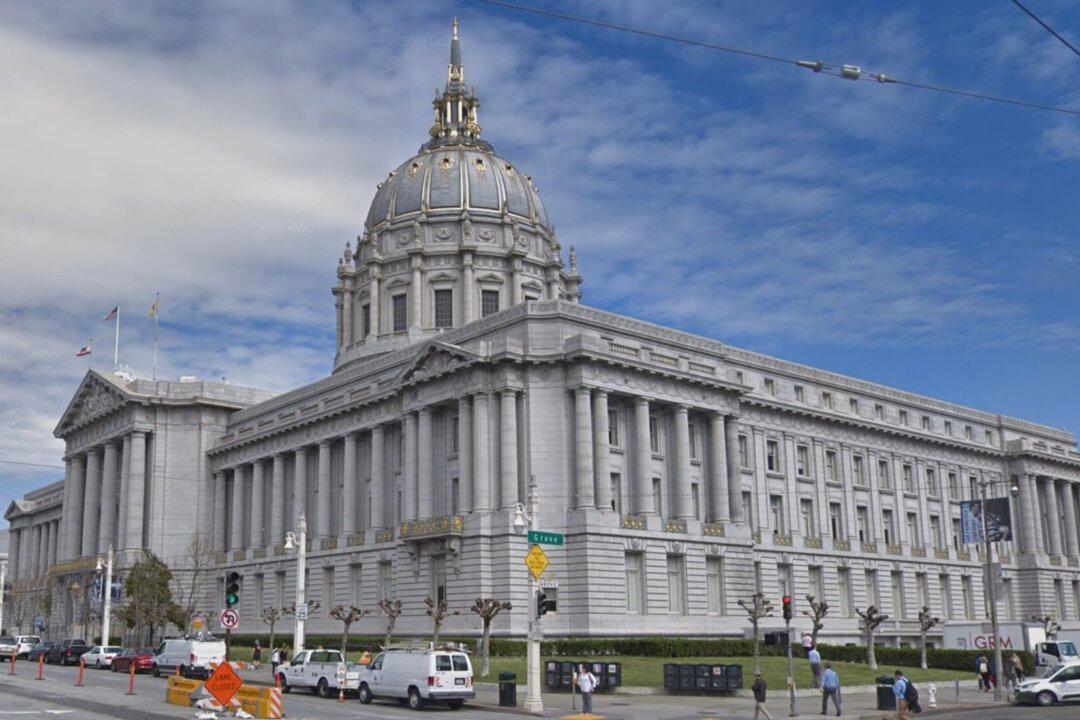California’s Supreme Court has reversed a 2020 order by the state’s Public Utilities Commission that barred water company surcharges on customers during drought-related conservation efforts, saying the notice was unclear.
To encourage water conservation and reduce the financial incentive to sell more water, California’s Public Utilities Commission in 2008 allowed water companies to impose a surcharge on their customers when they face a revenue shortfall because of efforts to conserve water in droughts.





